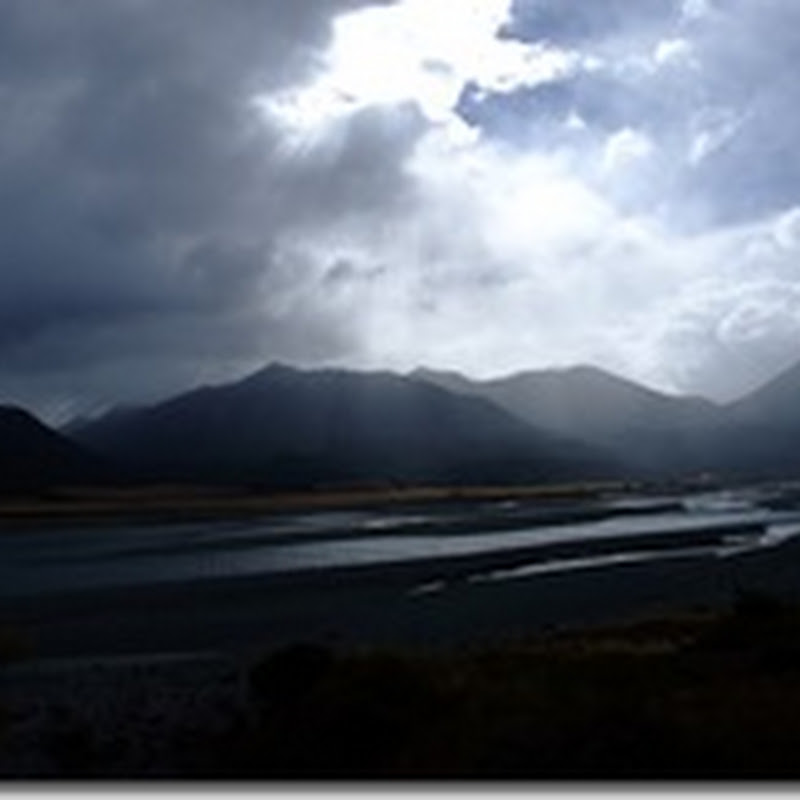While entire debates can be had on this topic (and on related politically inflammatory things like health care, public transport etc.), that isn't what I'm planning on today. What I am planning to talk about, is a totally different type of taxation which I would refer to as "social taxes", though it might be more generally described as "charity".
As a way of introducing the subject, have a look at this image:

You can see the trail (which I've written about before), along with a "litter control" sign. These can be found all along the trail, at an average rate of about two per mile and they are effective: the people involved with these organisations (charitable organisations such as the one on the picture above, sports groups, religious groups, scouts, etc.) do make regular rounds with large trash bags, cleaning up the place - saving the West Virginian trails from the fate so many parts of Melbourne's Yarra suffer from. (Don't get me wrong: the Yarra is awesome, beautiful and a great asset to the city, but the empty cans and bottles or the plastic bags that "decorate" the Eucalyptuses in a disturbingly pervasive manner, do take some of its beauty away.)
Another thing I'll mention are the recurring pledge drives ran by the public broadcasting services. While I've been a great fan of public radio, who has spent hours, days, months listening to the likes of the BBC, Radio Sweden, ABC, NPR and, most recently, the Deutsche Welle, I have never paid a single penny for it. While I'm sure Connex would therefore define me as a thief, I never even stopped to think about it - and I don't think anyone else has, either. With NPR this is different. Every once in a while, they run a pledge drive, which implies that for the duration of a week, they will constantly remind you that making radio shows and keeping a station on the air, costs money. And they will remind you (in a nice and friendly way, I'll admit) that if the listeners don't pay up, then we're all doomed. During these selected weeks, the reminders are so prevalent that there are mornings where I find myself wondering if I simply missed the news, or if the radio was too busy asking for money to also find some time to talk about whatever happened beyond the NPR offices.
Public radio and clean paths/nature are just two things that I consider important common goods - things which we can all benefit from and for which we, consequently, should all pay. Down here things are a bit different (I refer back to the Wikimedia graph linked above): taxes are a lot lower than in much of Europe (noticed where Belgium, Sweden and Germany are on that graph?), the U.S. military is dramatically more extensive (seeing as it is fulfilling the partly self-imposed role of policeman of the world) and they spend more on health care than most (if not all) other civilised countries. (I'm just picking out the military and health care because these are two of the three main spending posts, the third one being pensions.) The upshot of this is that there simply isn't much money left for a lot of things that can be funded elsewhere and that you, consequentially, call on people directly to try and sort this out.
At first, I figure it might sound like a good idea. After all, you get to have an immediate impact on where your money goes: do you spend it on the library-support-fund, on the public radio or on the Salvation Army? It also means that you don't have to contribute financially, but could invest time instead - go clean up the trail, for example. It does, however, also mean that essential services come under threat: if there is no one to de-ice the sidewalks, then people are litterally forced to either risk breaking their hips, or use a car. And if some catastrophy does occur one day, I'm sure we could all agree we would rather rely on information from NPR than from either the student-run college radio or Fox News.
Secondly, it means you get freeloaders: I can keep all my spare time to myself and don't spend a penny on any aid or support group or public service and no one will even know. Sure, to some degree you always get freeloaders - as I pointed out before, I never paid a cent to any radio station - but that was because I was a student, who didn't make any money and therefore didn't pay any taxes. But once you do start making money, avoiding taxes would be difficult and illegal, whereas avoiding contributing to charity merely gets you bad karma.







